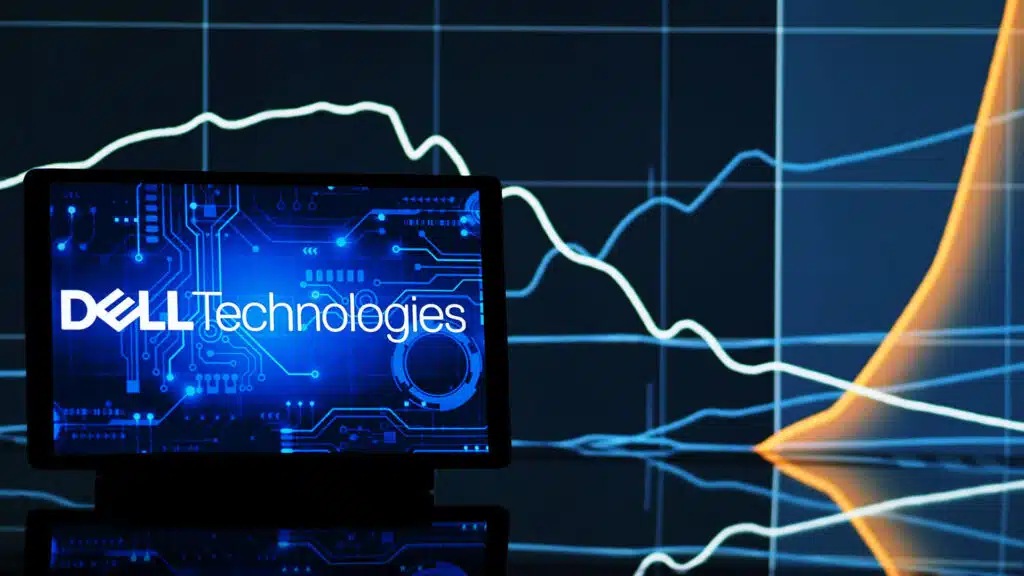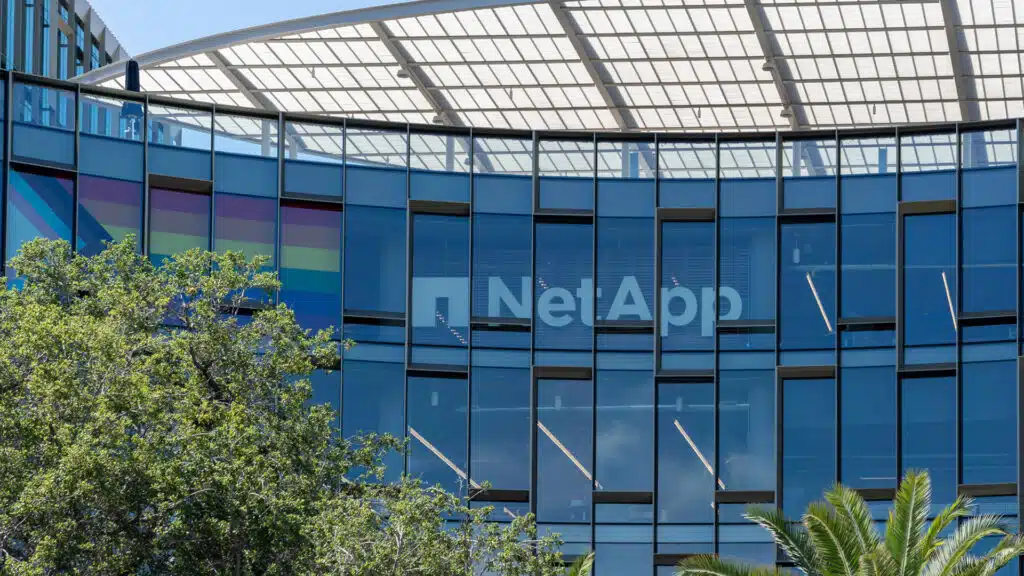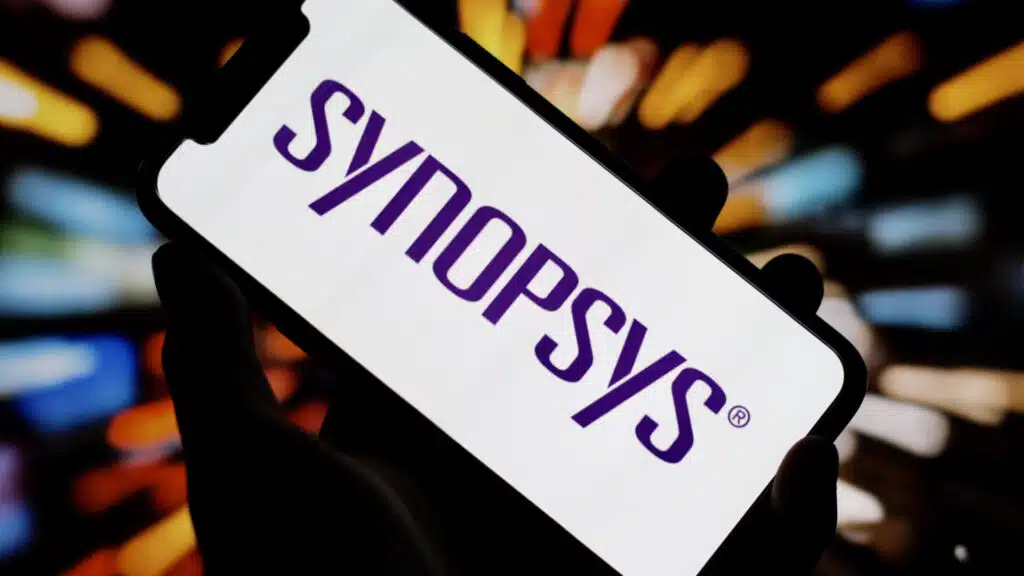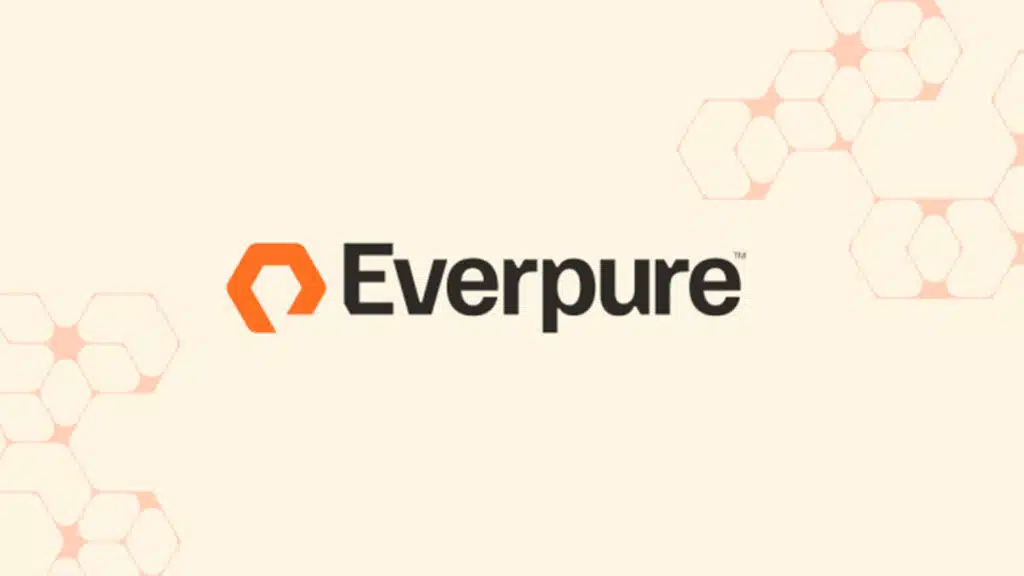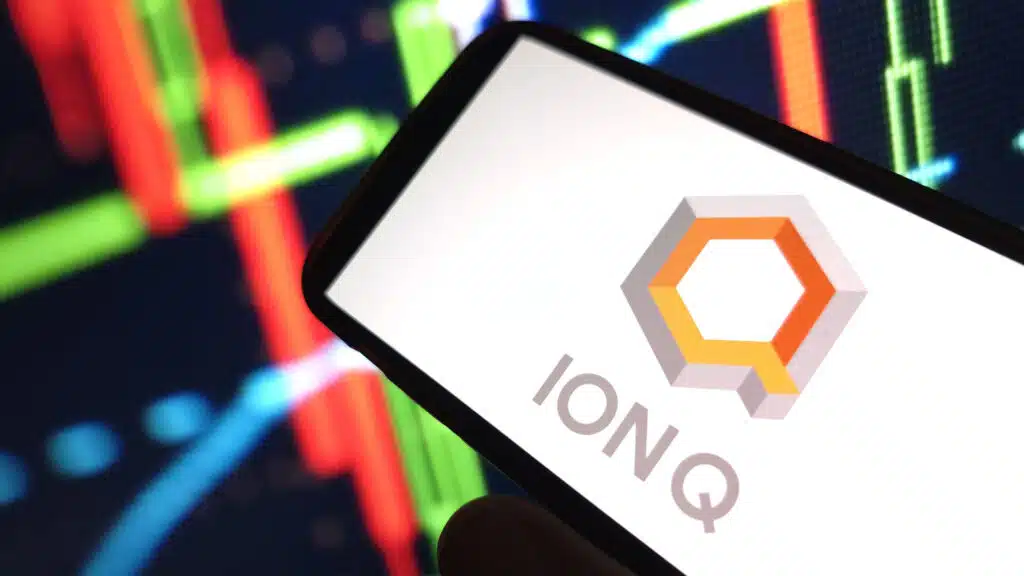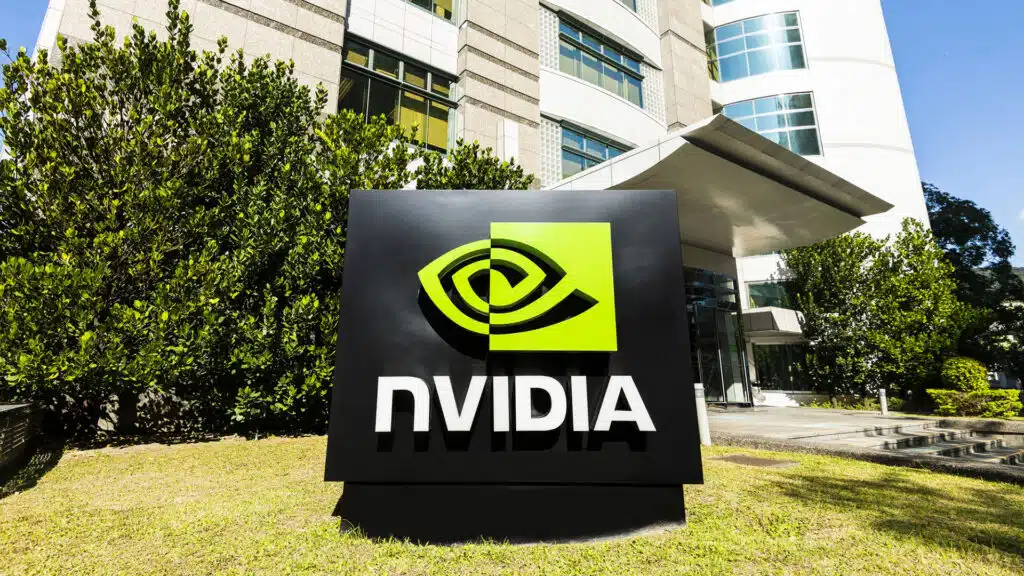Analyst(s): Dr. Bob Sutor
Publication Date: December 3, 2024
Precise and accurate timing is essential in many ways most of us may not realize. It’s necessary for energy, communications, and data networks and is a critical element of GPS, the Global Positioning Satellite System. Quantum atomic clocks are dual-use; these timing devices have both military/defense applications and commercial/consumer ones. Infleqtion’s award from the U.S. Department of Defense will drive innovation in the former area first, and then the latter.
What is Covered in this Article:
- Why quantum atomic clocks are important to us now
- Infleqtion’s history with neutral-atom quantum technologies
- Dual-use technologies
- Why the DoD cares about clocks and timing
The News: On December 2, the Colorado-based quantum company Infleqtion announced that it has been awarded a $11 Million U.S. Department of Defense (DoD) award for quantum timing devices for defense applications. Infleqtion will use its Tiqker™ product line as the basis for further work and innovation to support the DoD Rack Mounted Optical Clocks project.
Quantum in Context: Timing is Everything for Infleqtion and the DoD
Analyst Take: While Infleqtion has gotten many government awards and contracts since it was founded in 2007, this is especially large. Over the last two years, the company has put increased focus on its quantum atomic clock and branding the product line as Tiqker. Infleqtion’s quantum products are primarily based on ultra-cold neutral atom Cesium and Rubidium technologies. These are among the most versatile quantum computing, sensing, networking, and communications modalities. The DoD’s award is a strong recommendation for the company, its technology, and its ability to execute over the next several years.
Clocks and Timing
When I started using GPS devices, first from Garmin and then my Apple iPhone, I never thought too much about how they worked. Obviously, I knew that they were for positioning (where am I?) and navigation (how do I get somewhere else?). I didn’t know that satellites contain atomic clocks, which are critical for device operations. I later learned that the clocks were the “T” part of “PNT,” Positioning, Navigation, and Timing. The satellites are time servers. They deliver the time to systems as varied as Automated Teller Machines (ATMs) and quantum computers.
Speed is distance divided by time. You cannot precisely measure your speed if you don’t have an accurate value for elapsed time. What happens if you do not have access to GPS, such as if the weather is very bad or if you are flying low around mountains, navigating underwater, or plotting a course through space?
You need a local time server that is very accurate. This is what Infleqtion is building with Tiqker. If we can make an atomic clock that fits in a rack, we can put it on military vehicles, ships, submarines, aircraft, and spacecraft. Eventually, these will likely be so small that they can fit on drones and missiles. As a consumer, I expect a small atomic clock in my car within 15 years to assist in navigation and perhaps even for optimized engine and transmission performance.
This is the dual-use: the government pays for the development of the technology and then first uses it for its applications, often military. The small company that develops the tech uses the government award money for R&D and building manufacturing capability and capacity. When the size, weight, power, and cost (SWaP-C) are low enough for commercial non-government use, the company can expand its market and grow. The theory is that the original money granted for defense purposes pays off for those and later commercial economic growth.
While I was an executive at Infleqtion, I wrote a guest article for VentureBeat in 2022 that explains more about quantum atomic clocks and the importance of precision timing: “How the quantum realm will go beyond computing.”
Infleqtion, the Company
Infleqtion was founded as ColdQuanta in 2007 by Professor Dana Z. Anderson of the University of Colorado, Boulder. It bases its technology on the quantum properties of ultra-cold neutral atoms, which are atoms without electrical charge, unlike ions. The company has researched, experimented with, and delivered products and government projects for quantum computing, memory, inertial sensors, gravitational sensors, and radio-frequency receivers.
Among the company’s successes is supplying the core quantum technology to the U.S. Jet Propulsion Laboratory (JPL) for the Cold Atom Laboratory in the International Space Station.
What to Watch:
- Does this government funding award give Infleqtion more traction to secure academic and commercial consumer-facing product contracts?
- Will this stimulate sales of Infleqtion’s other products for RF receivers and quantum computing to the DoD and other government departments, such as the Air Force Research Lab?
- How will this award bolster Infleqtion’s next round of venture capital funding?
For additional details, see the “Infleqtion Secures $11 Million DoD APFIT Award to Accelerate Deployment of Quantum Timing for Defense Applications” press release.
Disclosures: The Futurum Group is a research and advisory firm that engages or has engaged in research, analysis, and advisory services with many technology companies, including those mentioned in this article. Bob Sutor is a former employee of Infleqtion and has an equity position in the company. The analyst has no equity position in any other company mentioned in this article.
Analysis and opinions expressed herein are specific to the analyst individually and data and other information that might have been provided for validation, not those of The Futurum Group as a whole.
Other insights from The Futurum Group:
Quantum in Context: Infleqtion’s Quantum Computer Live at UK Testbed
Quantum in Context: Infleqtion Key to UK Quantum PNT Tech Test
Quantum in Context: Quantum Companies Rotate in New Leaders
Author Information
Dr. Bob Sutor is an expert in quantum technologies with 40+ years of experience. He is the accomplished author of the quantum computing book Dancing with Qubits, Second Edition. Bob is dedicated to evolving quantum to help solve society's critical computational problems.

